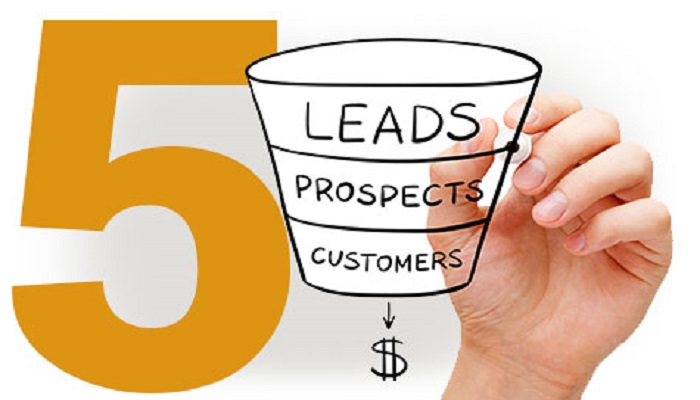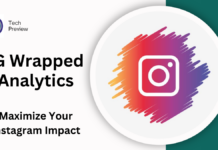If you store customer or enquirer details anywhere then you have a database. That means in effect that every small business has a database. But it’s not always used effectively.
For a database to be effective it needs to be used effectively, so let’s have a look at some potential uses.
Profiling Existing Customers
Do you know the most profitable type of person or company for your business? Profiling gives you that knowledge. Profiling involves looking at customers to identify common characteristics between them. For example, they may all be in a certain type of industry, spend a particular amount, or buy a product for a specific purpose.
That knowledge can then be used to find new customers by creating marketing activities for that type of industry or promoting that type of usage.
Keeping in Touch
According to a survey by the UK’s DMIS, 73% of people stated that they were more likely to be interested in direct mail if they were already a customer of the company sending it. That’s a lot of interested people who already know about you.
Unfortunately, many companies forget about their existing customers and chase new business. Why not buck the trend and give people what they want by communicating with them regularly?
Send out direct mail pieces to your customer list, or a regular newsletter (by email or mail), special offers and company news. In fact, anything that reminds the customer list that you still exist. If they know you exist, trust you to deliver on your promises and provide goods and services that they actually want, you’ll never be short of sales.
A database is the tool needed to keep in touch with them.
Increasing Efficiency
Imagine how much time is wasted by employees trying to find customer or supplier information. Why not keep it in an easily accessible database? Then you won’t have to spend as much time looking for it.
Finding Sales Opportunities
Profiling enables you to identify what attractive customers look like. Imagine you’ve discovered that a company of a certain size uses one of your products in a particular way. Why not contact other customers of that size who do not have the product and try to sell it to them on the basis that they could use it for Purpose X?
Alternatively, there may be customers who have the product but do not use it as often as you might like. Write to them and suggest they use it for Purpose X and see your usage figures increase.









